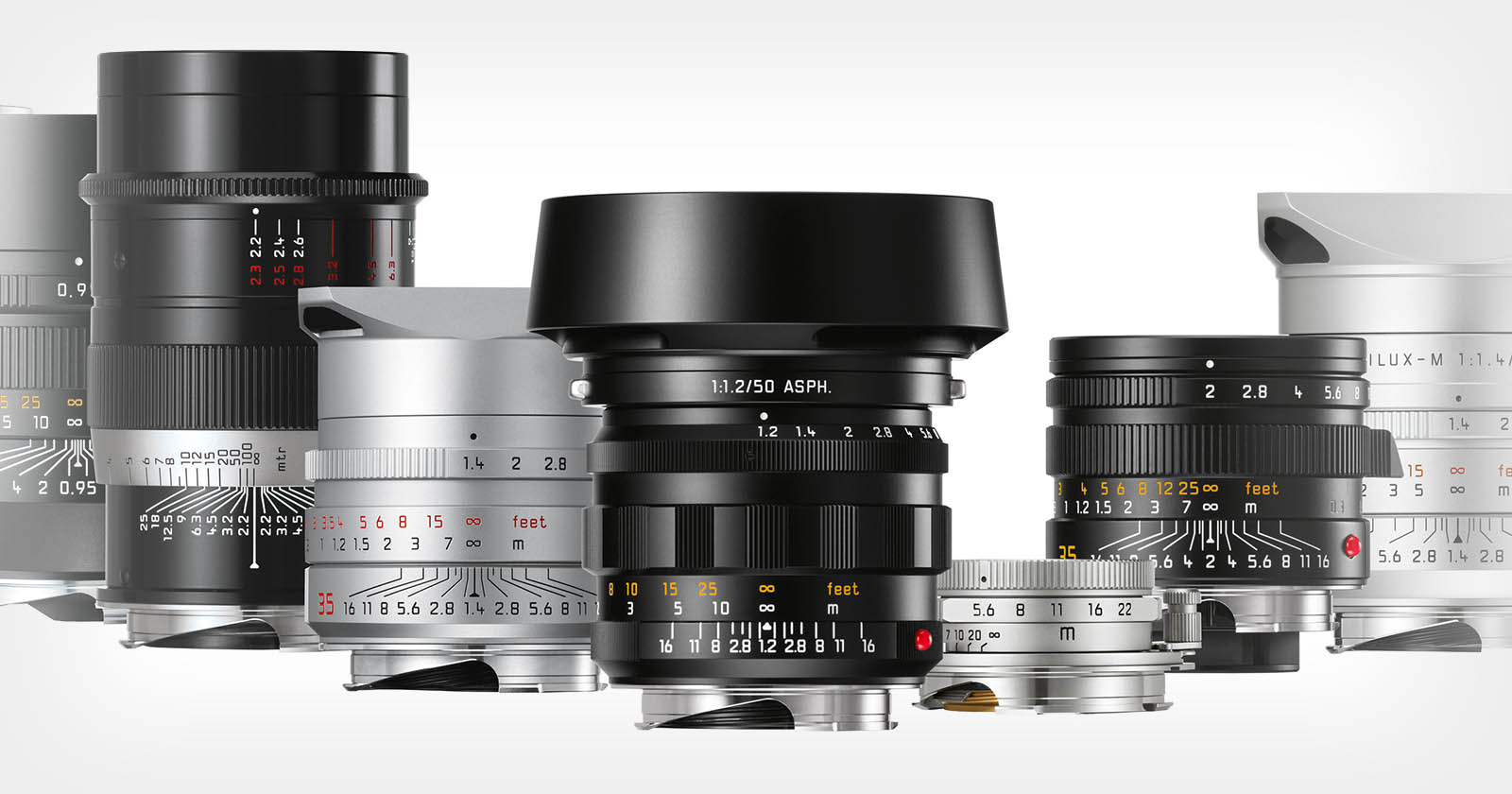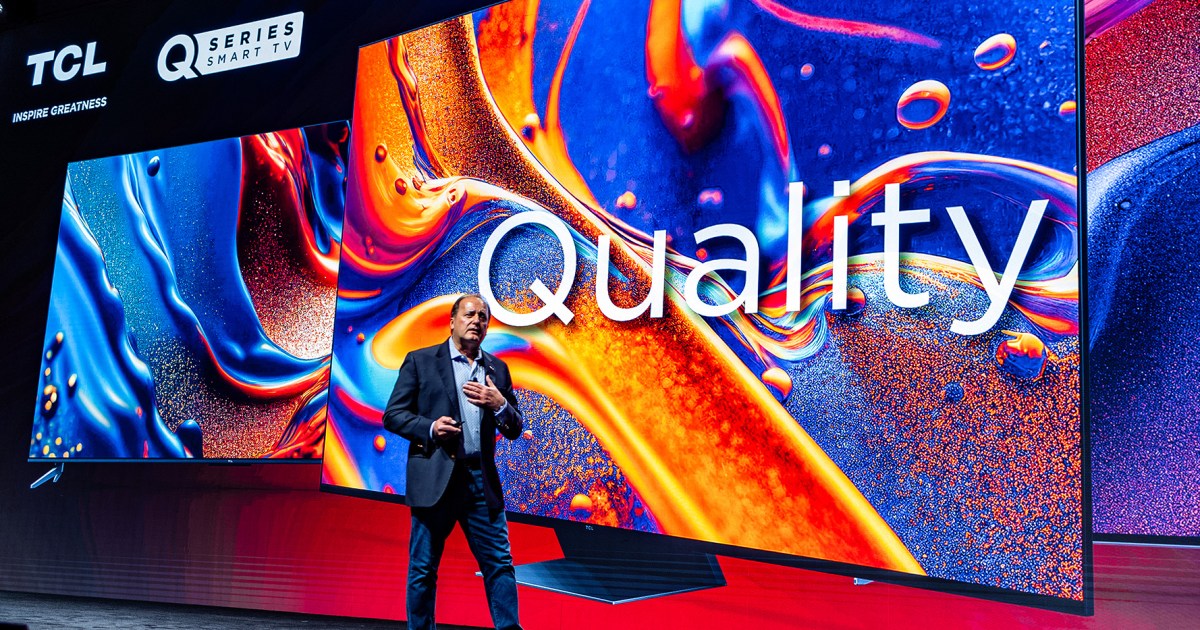
![]()
Adobe has added a “Content material Evaluation” part to its privateness and private knowledge assortment permissions that, until opted out of, opens photographers’ pictures to getting used to coach the corporate’s synthetic intelligence and machine studying fashions.
It’s doable that Content material Evaluation was added to Adobe’s Privateness and Private Knowledge web page way back to final summer time because the firm final up to date its FAQ web page on this system on August 10, 2022.
A person’s Privateness and Private Knowledge settings are positioned within the Account and Safety part of the Inventive Cloud internet interface, and the Content material Evaluation part specifies that customers give Adobe permission to research content material to be used in coaching its machine studying fashions. This may be toggled off, however is enabled by default.
“Adobe could analyze your content material utilizing strategies reminiscent of machine studying (e.g., for sample recognition) to develop and enhance our services and products,” the permission line reads. “When you desire that Adobe not analyze your recordsdata to develop and enhance our services and products, you may choose out of content material evaluation at any time. This setting doesn’t apply in sure restricted circumstances.”
![]()
Adobe specifies that turning content material evaluation off doesn’t apply when customers select to take part in packages the place customers proactively submit content material to develop and enhance its services and products, reminiscent of beta and pre-relase packages or any pictures listed on the market on Adobe Inventory.
As Baldur Bjarnason — an internet developer and marketing consultant primarily based in Hveragerði, Iceland — says on Mastodon, this program is opt-out, not opt-in, which implies that everybody who makes use of Inventive Cloud should actively toggle this selection off in the event that they don’t need to be included within the knowledge gathering program.
“Adobe could analyze your Inventive Cloud or Doc Cloud content material to offer product options and enhance and develop our services and products,” Adobe explains.
“Inventive Cloud and Doc Cloud content material embrace however aren’t restricted to picture, audio, video, textual content or doc recordsdata, and related knowledge. Adobe performs content material evaluation solely on content material processed or saved on Adobe’s servers; we don’t analyze content material processed or saved regionally in your gadget.”
Principally, Lightroom customers who make the most of Adobe’s picture syncing providers have been giving Adobe permission to make use of their pictures if the opt-out has not been toggled. Of word, Bjarnason says that this program solely applies if pictures discover their approach onto Adobe’s servers.
“This clearly solely applies if the photographs contact Adobe’s servers ultimately, reminiscent of cloud syncing. That’s principally each image ever uploaded into Lightroom,” he writes. “I’ve been utilizing Lightroom to sync pictures from my Home windows desktop to my iPad. Now I have to rethink that.”
Be careful for Adobe routinely Opting you In for “Machine studying” aka Ai. Additionally, tech firms that glorify “Opting out” choices are utilizing this to shift accountability of Knowledge mining onto US. Sneaky. In the meantime Ai by no means forgets. It’s theatre. #adobe #OptOut pic.twitter.com/pMmdM4SBq6
— Jon Lam #CreateDontScrape (@JonLamArt) January 3, 2023
“Machine learning-enabled options may help you grow to be extra environment friendly and artistic,” Adobe says in protection of its knowledge gathering. “For instance, we could use machine learning-enabled options that will help you arrange and edit your pictures extra rapidly and precisely. With object recognition in Lightroom, we are able to auto-tag pictures of your canine or cat.”
Adobe says that the service is used to “develop and enhance [its] services and products,” and a few have taken that to imply that the corporate could possibly be gathering picture knowledge to tell an AI-based generative picture system like DALL-E2 or Steady Diffusion. Generative AI has come underneath fireplace from artists who say the packages are educated by utilizing their stolen work, and whereas Adobe is technically asking for permission right here, the tactic that the corporate has chosen — auto opt-in and never informing customers actively that it’s taking place — has not been well-received.
Okay, we all know… We made enjoyable of Adobe when its cloud service went down. We have made enjoyable of Corel Painter and Clip Studio. We joined within the protest No AI Generated Pictures protest. We made our stance on NFT’s clear. However that is past making enjoyable of. That is EW! EW! EW! pic.twitter.com/40wBWYci7V
— @Krita@mastodon.artwork (@Krita_Painting) January 4, 2023
DPReview factors out that underneath sure circumstances, Adobe says that it’s doable {that a} person’s content material could possibly be manually reviewed by people for product enchancment and growth functions.
“This implies people inside Adobe (or contracted personnel) might presumably evaluate delicate media from customers’ Inventive Cloud recordsdata, ought to a person fall inside one of many classes of exceptions talked about… on Adobe’s Content material Evaluation FAQ web page. This clearly causes concern for photographers and different creatives whose media includes extra delicate imagery,” Gannon Burgett of DPReview writes.
Clearly, the state of affairs raises important privateness considerations. Adobe possible selected to make this system auto opt-in as a result of if that they had carried out the other, the corporate would unlikely have obtained many customers who would willingly opt-in to this program.
When reached for remark, Adobe acknowledged receipt however didn’t present a response.
Picture credit: Header picture licensed through Depositphotos.






